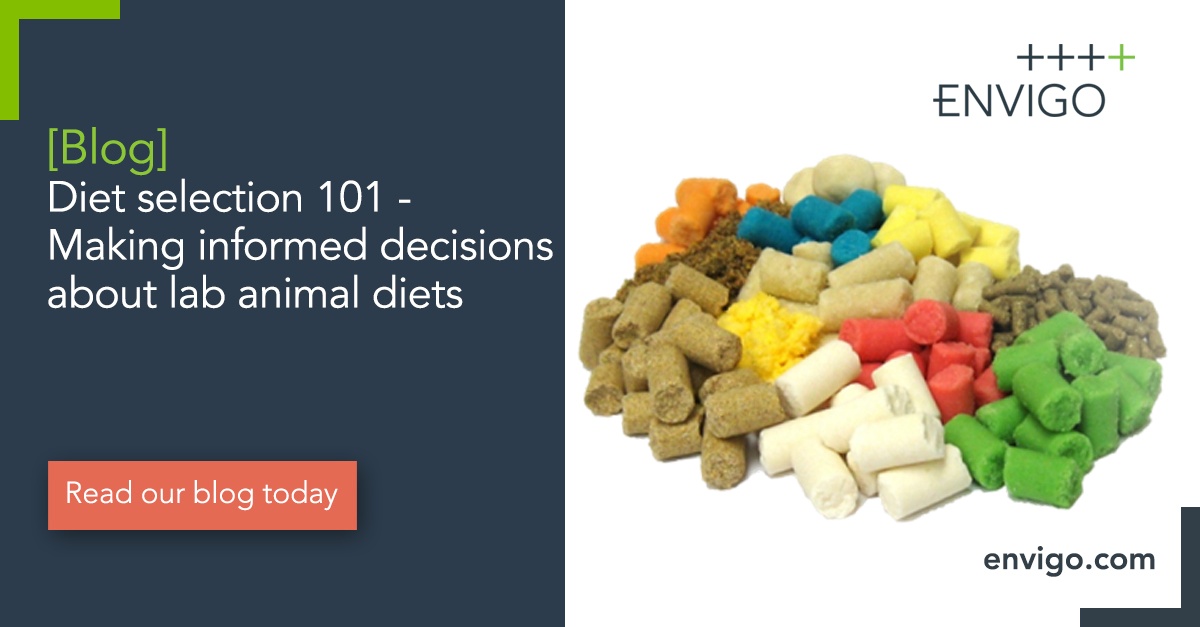

How COVID-19 has changed the biomedical industry
The shift in research priorities due to COVID-19 has required rapid adjustment across the biomedical sector. The speed and effectiveness of this response supports our current scientific understanding...

4 tips to help secure research funding
Securing research funding is becoming increasingly difficult with the ever-growing competition across all disciplines worldwide vying for grant approval. For instance, the National Institutes of...

Rodents in research: Is 2020 the year of the lab rat?
Lab rats and mice have been used for decades to make great medical advances, from HIV antiretrovirals to the flu vaccine. But there’s always been an interesting debate about which is the more useful...

Care and husbandry for immunodeficient rodents: guidance to reduce risks in your research
Immunodeficient rodents can serve as a valuable part of basic research studies to help researchers better understand immune-related diseases and immune response. Use of these unique models have...

5 key research industry trends
Companies, businesses and research institutions dedicated to protecting and improving human, animal and plant life continue to make breakthroughs in understanding the nature of diseases that affect...

4 tips for developing a laboratory animal care training program
The quality of research and welfare of laboratory animals greatly depends on the competence of those caring for them humanely and responsibly. That is why a comprehensive training program is vital to...

Diet selection 101: Making informed decisions about lab animal diets
Diet continues to be an overlooked variable in experimental investigations, impacting reproduction, growth, and disease, as well as affecting the response to experimental manipulation in laboratory...

